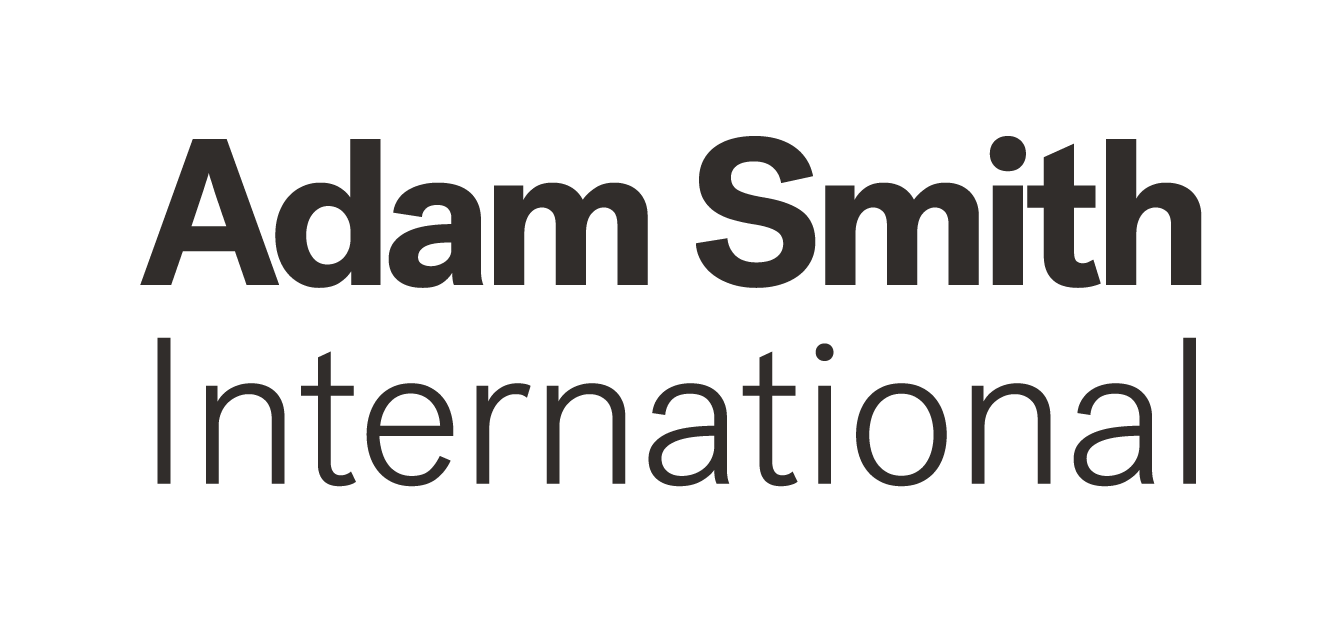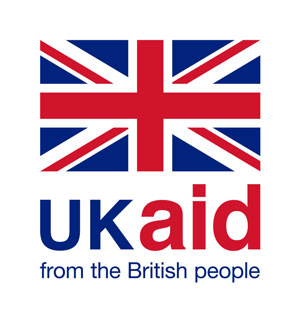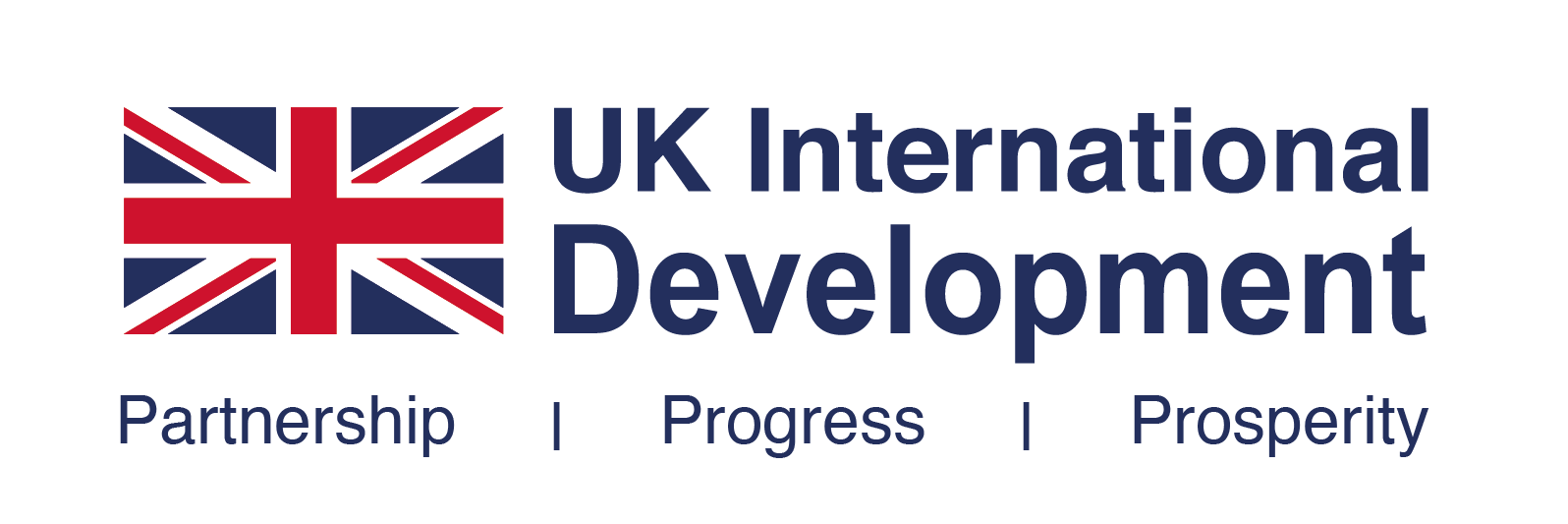Forest Carbon Market Inventory
Monetising KP’s Forests
Khyber Pakhtunkhwa (KP) is home to 40% of Pakistan’s forests and holds over half of the country’s forest carbon stocks. Over the past decade, KP’s forest cover has grown by 6%, and protected areas have expanded from 10% to 18%, mainly due to the Billion Trees Afforestation Project. This progress has significantly boosted KP’s ability to absorb carbon dioxide, with an estimated 11 million tonnes of CO₂ captured each year.
KP has the potential to generate carbon credits under three key categories:
Afforestation, Reforestation, and Revegetation (ARR): Tree-planting initiatives like the Ten Billion Trees Tsunami Programme (TTTP) could create 1.5 million carbon credits annually.
Reducing Emissions from Deforestation and Degradation (REDD): Protecting forests from deforestation could generate 2.2 million credits per year.
Improved Forest Management (IFM): Sustainable forestry practices like Assisted Natural Regeneration could yield 1.7 million credits over 30 years.
With SEED’s support, the Khyber Pakhtunkhwa Climate Change, Environment, Forest, and Wildlife Department is preparing a Carbon Asset Inventory to assess how KP can benefit from carbon trading. Early estimates suggest the province could generate 13.6 million carbon credits per year, creating a new revenue stream from its forests.
SEED is helping to map KP’s carbon potential using satellite technology, field studies, and local input. The findings will provide the Government of Khyber Pakhtunkhwa (GoKP) with a clear picture of how to sell carbon credits, attract investment, and reinvest earnings into local communities, conservation projects, and climate action initiatives.
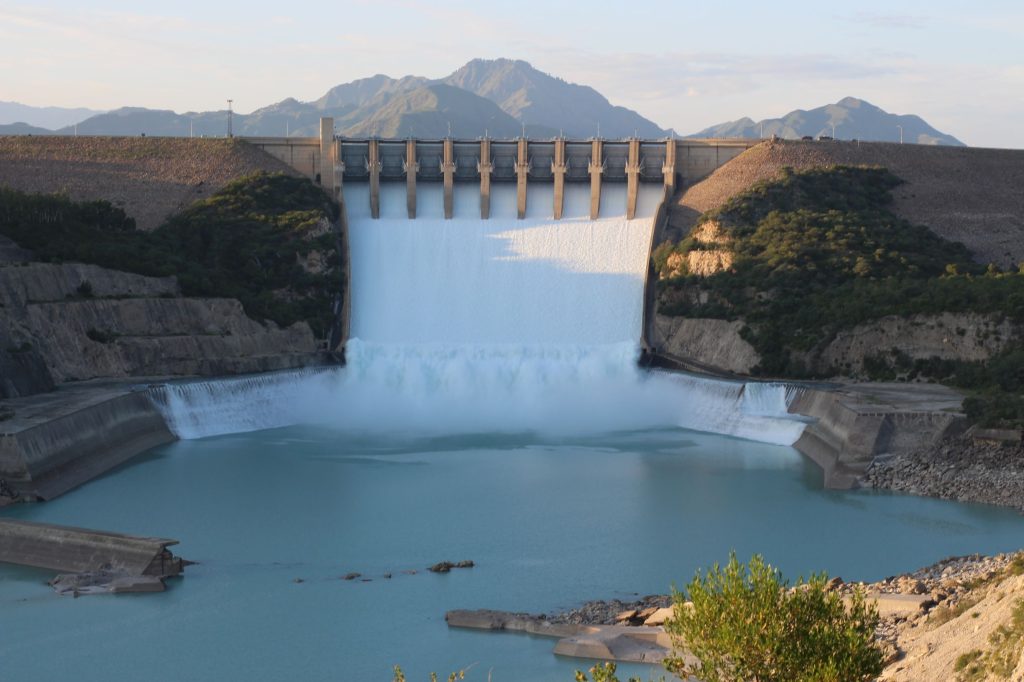
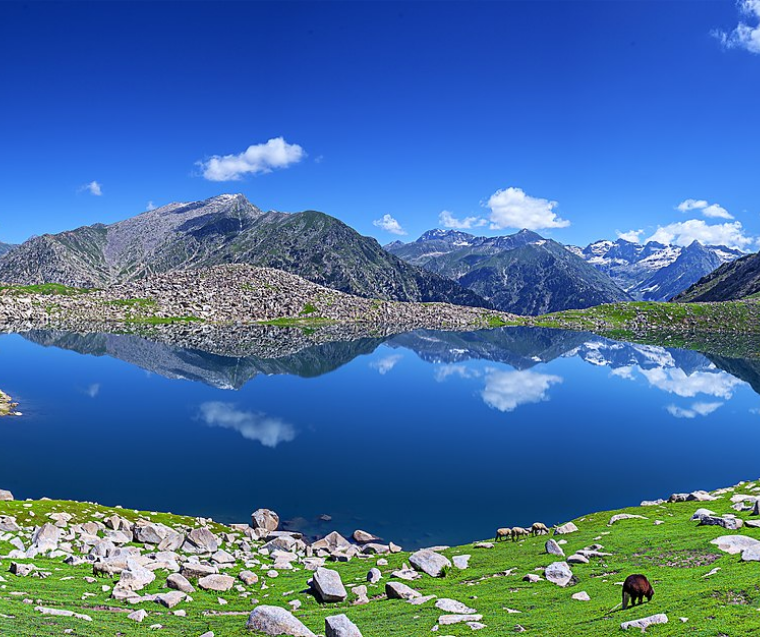
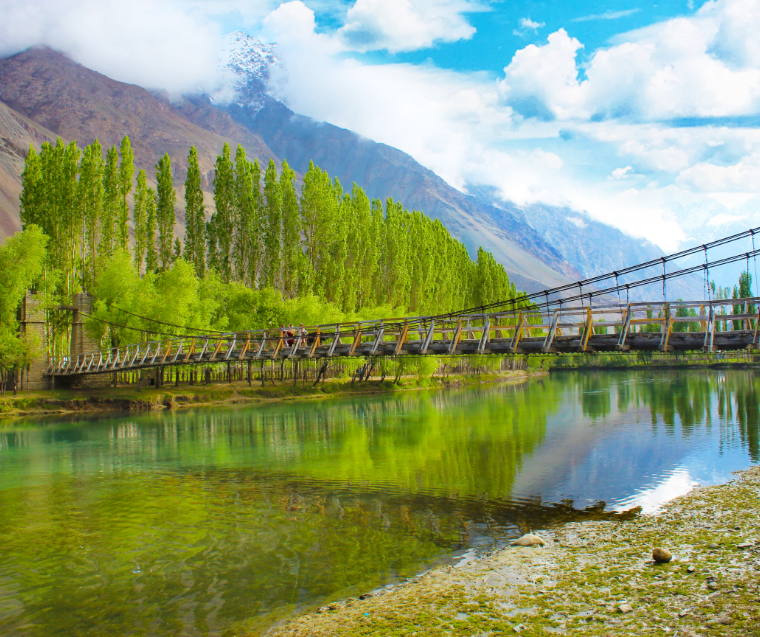
For more information on carbon credits: moc.gov.pk
